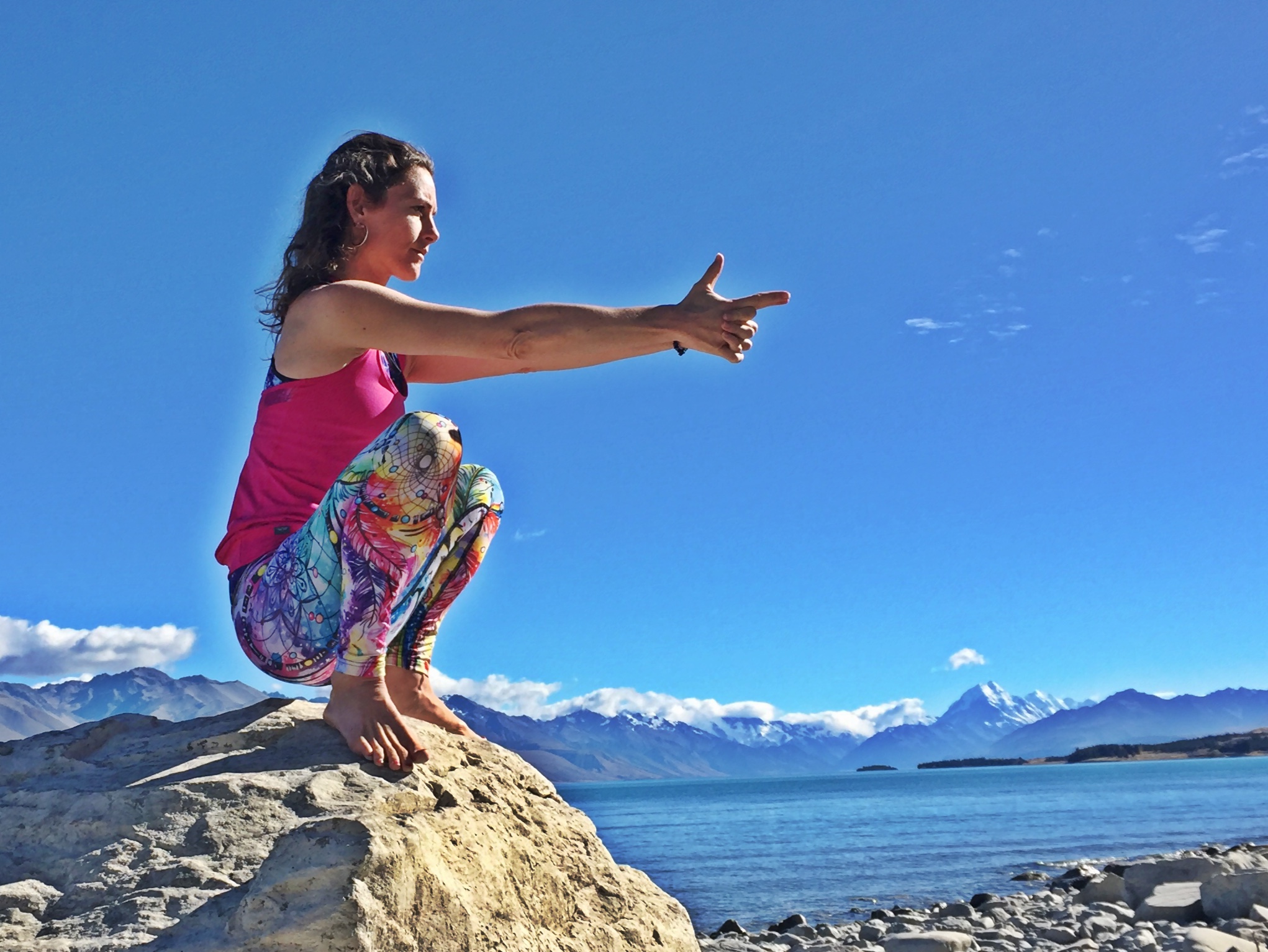
by Kara-Leah Grant
Nothing has changed society more than business.
The second agricultural revolution (Britain approximately 1650 until about 1900) was defined by business, as farmers changed methods to increase productivity and food production out-stripped population growth, creating wealth. Laws around common land changed and transportation infrastructure became increasingly important, completely changing British society. And, through the British Empire, impacted the entire world.
That led to the Industrial Revolution, which changed the way that textiles, in particular, were produced. It was a major turning point in history, and every part of daily life was impacted – like where people worked, how they worked, and what they bought. It led to a huge wave of mechanical innovation and invention. And the first full-scale pollution.
Historians suggest we’re still in that industrial revolution, and have seen a few waves come through – like the Technological Revolution, where technologies rapidly advanced, giving cities systems like sewage, gas, power, and phone lines.
The revolution most of us have lived through, and have some sense of the impact it’s had on our world is the Digital Revolution. The appearance of the Internet and the cell phone in the 1990s has radically re-shaped our world, and how we engage with it.
Along the way, we’ve destroyed vast tracts of forest, turned arable land into desert, sparked the greatest extinction of living creatures ever, and filled the ocean with plastic.
While ‘standards of living’ have increased dramatically and our lives are physically easier than they have ever been, mental health issues in Western society have sky-rocketed. And despite the greatest inter-connectivity ever through the Internet and our phones, more people feel isolated and disconnected than ever before.
Enter Conscious Business.
Businesses that acknowledge there is no greater vehicle for social change than business, and choose to accept the mantle of that responsibility by being conscious of the impact their business makes on all levels – including environmental and social have the power to radically change society.
That’s a conscious business, a phenomenon which has its roots in the 1960s, when the theory of the theory of Corporate Social Responsibility (CSR) was first put forward:
“That companies are responsible for their impact on the communities and environments in which they operate. That they ought to be guided not just by profits, but by values and principles.”
That led to the idea of the Triple Bottom Line – when it’s not just about Profit, but also about People and Planet.
The rise of conscious business has coincided with the rise of mindfulness and awareness in Western Society. Since the 1960s in particular, people have become more aware of their impact on the world, more aware of what’s happening to the planet and in other countries, and more aware that mindset – consciousness – defines our reality.
It’s a way of being in business that Bali-based clothing company We’Ar exemplifies (you can read their ethos here). Founder Jyoti Morningstar says:
“WE-AR means all is one and this insight is the nucleus of our entire business. All our choices are made from the basis that every being and earth process is connected and therefore any decision made impacts our collective whole. From this basis we choose to act with kindness to create a ripple effect of well being
Choosing to operate as a conscious business means choosing to operate holistically. Living beings and our environment are placed at the centre of our visioning and strategising. Decisions around products, sourcing, process, HR, budgets, reinvestment of profits and everything else need to be considered with a 360 degree perspective of both the positive and negative impacts in order to have a clear understanding of which choice or path will allow us to support the greatest well being both within our business and our wider community. “
Jon Berczely from Whaaingaroa Organic Kai (WOK) puts it this way.
“Conscious business to us means Earth Care, People Care, and Fair Share. We offer people tools to make meaningful changes in the way they perceive and engage with the world.
Often the more subtle actions make the most difference. We acknowledge the mind’s pre-eminence over matter. We also encourage others to think of the ripples of their actions. We encourage starting with changes inside ourselves, then at home, then in our street, then in our community.
It’s about change radiating outwards beginning with our own personal sense of truth and centre.”
That change has been thoroughly researched and studied by Raj Sisodia, a leading figure in the conscious business movement, and the author of Firms of Endearment. His research shows ‘conscious business’ consistently out-performs regular business. Of conscious business he says;
“It is not a business strategy or business model. It is a comprehensive philosophy of doing business. Too many businesses generate financial wealth at the expense of social, cultural, environmental, intellectual, physical, and spiritual wellbeing. They are extracting value rather than creating value.”
And the problem with extracted value as a means for creating wealth is that it decimates People and Planet – the source of most extraction. Conscious business works in the opposite way – a sense of purpose, beyond profit, is central to a conscious business. And that purpose is most often centered around supporting and enhancing people and planet.
Think Ecostore, developed specifically to create cleaning products that didn’t negatively impact the water supply. That was the purpose of the company.
Malcolm Rands wasn’t sitting around thinking… ‘how do I make money? I know… I’ll make this new range of cleaning products that doesn’t pollute our waterways.’ No, he was developing an organic garden and wanted to make sure that the cleaning products he used in his house didn’t contaminate the water supply. He was purpose-focused, and that purpose solved a problem.
Samuel Ryan from Vitality Organics says this is one of the major differences between regular business and conscious business.
“Most businesses act from a start point of ‘What’ (they see demand and create a service or product) then they move into the ‘how’ (and generate strategy) while the entire ‘why’ aspect is voided.
We and other conscious businesses BEGIN with the ‘why’ and generate an intention and then allow the ‘what’ and ‘how’ to follow!! It’s beautifully simple and it gives us purpose. Of course we need income to survive, but there has never been a greater demand for conscious businesses so of course we will be successful!”
And that’s exactly what makes conscious business potentially the engine for the next revolution. Co-founder Nicholas Corliss from Organic Mechanic sees it that way too. Right from the beginning, OM has been about changing the world.
“We’re a group of people that come together for a common mission that’s main aim is to help make the world a better place.”
Initially, the product that Organic Mechanic wrapped itself around was smoothies. Then they branched out into Kombucha. Every bottle is emblazoned with their message:
“Kia Ora. We are here. A tribe gathering to empower the masses. For too long we have been asleep, a sleeping GIANT. Our great mother, she needs us now. It is time for us to stand up as one people and lead a collective revolution in the way we live, eat and co-exist with each other on this planet.”
The next phase for OM was moving into hosting events, capitalising on the significant social media following the company has developed, and inspiring and motivating people to shift how they live. It’s a message that’s consistent through all OM’s social media, because it’s the way everyone involved in the business lives. Social evolution is the heart of the business.
As the quote at the bottom of OM’s About page says:
“The biggest problem we face is shifting human consciousness. The planet does not need saving, we do. ” ~ Xiuhtezcatl Martinez
Organic Mechanic believes business can play a role in that shift – indeed, has to play a role in that shift. Co-founder Graedon Parker says;
“We’ve created the business so that it brings people further into consciousness – both everyone who is a part of the business and everyone we serve. We’re tapping into our genetic predisposition as human beings to live as tribe so we can create a functional community.
Part of that is throwing out the ‘busy business’ model. The moment we start to get busy… we go for a skate. We do the fun stuff. We make sure that the focus remains on creating a lifestyle that we can enjoy. We’re not stressing ourselves out and we don’t need a holiday from our business.”
Organic Mechanic is clear that they’re in business to change the paradigm of business. They didn’t want to just create a product, they see it as their responsibility as a conscious business to create revolution. For example, not just selling single-use bottled kombucha, but setting up refill stations wherever possible. Graedon says;
“We use glass bottles but we’re still not sure where they are going to end up, and we take full responsibility for what we’re putting out into the world, hence the refill stations. We want to curb and shift the consciousness away from a single use economy to a reusable and refillable economy.”
And of all the companies that YLB spoke to, OM was most forthright about what ‘consciousness’ is, and their role in “shifting consciousness”. It may be a nebulous concept, but there’s a solid strategy behind it. More from Graedon;
“We’re in a space that’s some people might see as woo woo… but that’s what it’s about for us – raising the vibrations and shifting consciousness. When people come to the OM Shack, we’ve deliberately designed the entire experience so they feel like they’ve entered a new world. Our customers might even wonder if OM Tribe are ‘high’ because they just seem so happy…
The vibration of the OM Shack is alien to the new people that step into that zone. But we’ve created it as a space to facilitate that transformation in consciousness. It’s social evolution, through conscious business.”
But what does it mean to shift human consciousness? What does it mean to evolve?
The Guardian explored this in a live chat and asked several questions, including this one:
Are those following a conscious business approach more mindful and more aware of the effects of their business on staff, customers, the environment than the average sustainable business or social enterprise?
It’s an important distinction to make. Being conscious is different from being sustainable, or being a social enterprise. It’s possible for a company to be sustainable, but not be conscious. Or to be a social enterprise, but not be conscious.
The Guardian defines conscious business as:
“Those following a conscious business approach are often seen as “more aware and awake” and seek to break down hierarchy and treat people like people, not resources. There is also a focus on internal company and personal processes in order to facilitate a sense of autonomy, empowerment and purpose.”
That’s reflected in the way that Organic Mechanic does business. They work out together, yoga together, meditate together, and allow time out of the business to pursue personal passions.
Although it’s a likely result that being a conscious company will naturally lead to sustainable choices and positive social impacts. It’s difficult to become more conscious and still take actions that degrade the planet. Research shows that;
“For business leaders championing sustainability initiatives – and this came up repeatedly – a major transformation in their mindset was at the root of their actions.”
That’s really the root of it all. That’s where the connection to Yoga comes in, right there.
Yes, we have to take actions to see a change in the world on the level of the environment and in society. But those changes are most powerful and valuable when they’re grounded in a major transformation in mindset.
And while personal transformation does have the ability to lead change, nothing has impacted and changed society more than business.
It’s business that led to many of the issues and problems we see in the world today. It’s business that also has the capacity to lead the next revolution and solve many of the issues and problems that we see in the world. Business that grows out of a major transformation in mindset. Conscious Business.
What is that change in mindset?
It’s a change from being driven by Profit, to being driven by People, Planet and Profit.
It’s a change from extracted value, to creating value.
A change from a scarcity mindset, to an abundance mindset.
A change from win/lose, to win/win/win.
From trying to predict and control outcomes, to sensing and responding to the now.
From consumption to creation.
And most of all, it’s a change that acknowledges and takes responsibility for the power of business to create radical change in society.
Bring on the Consciousness Revolution – it’s time.

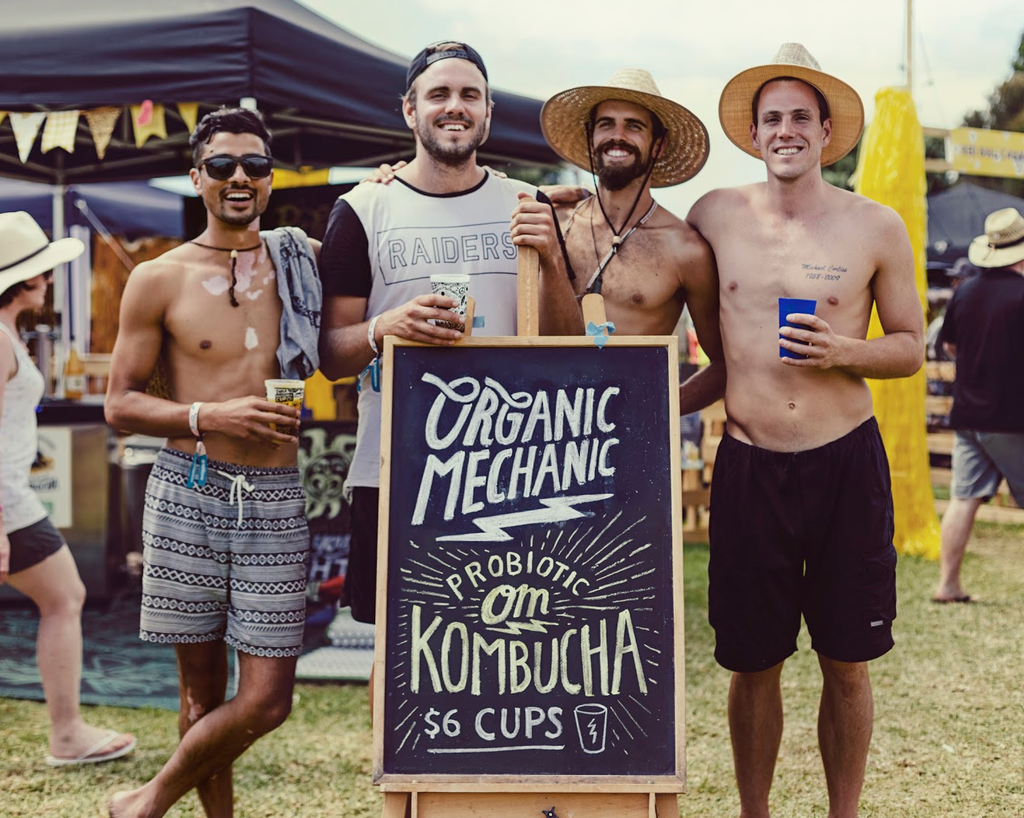
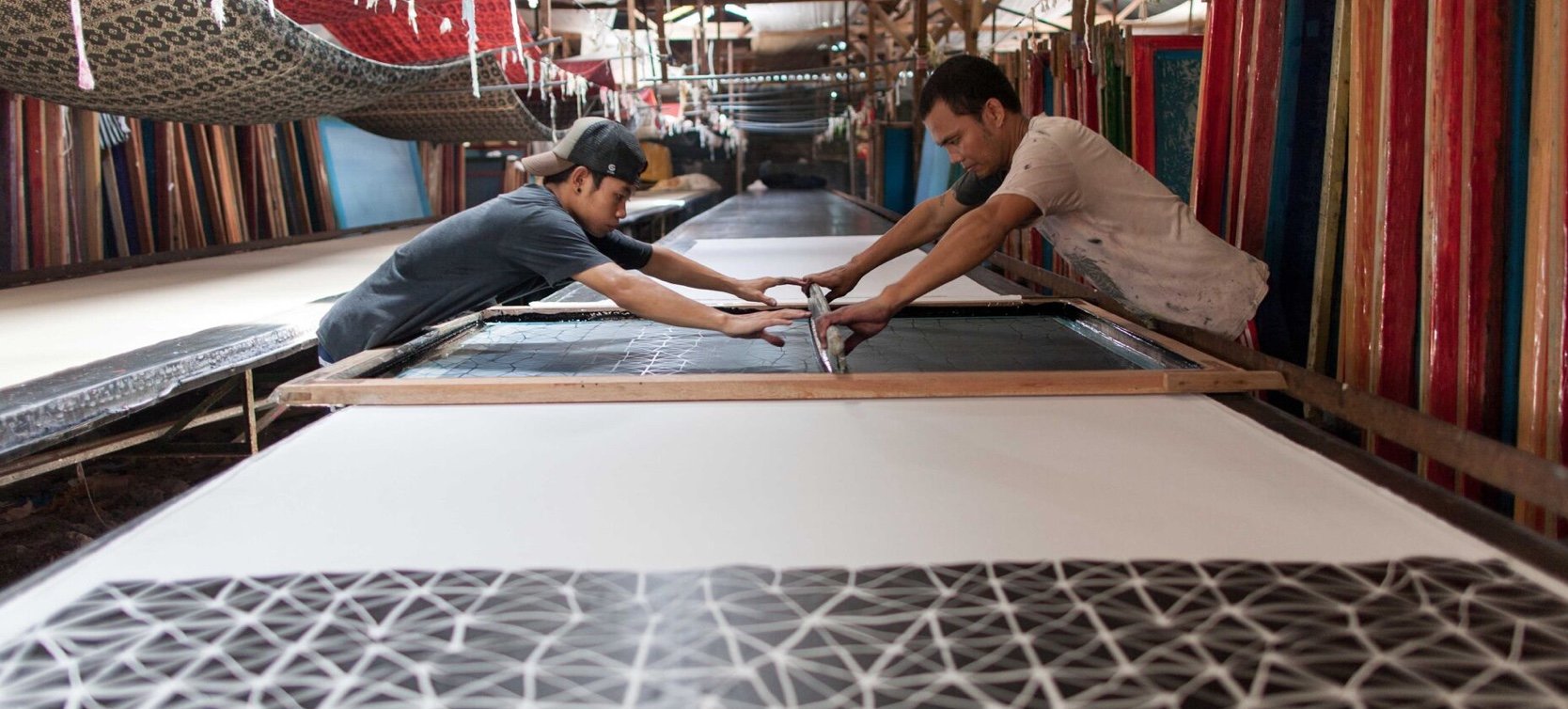


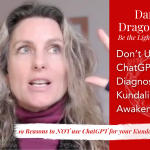
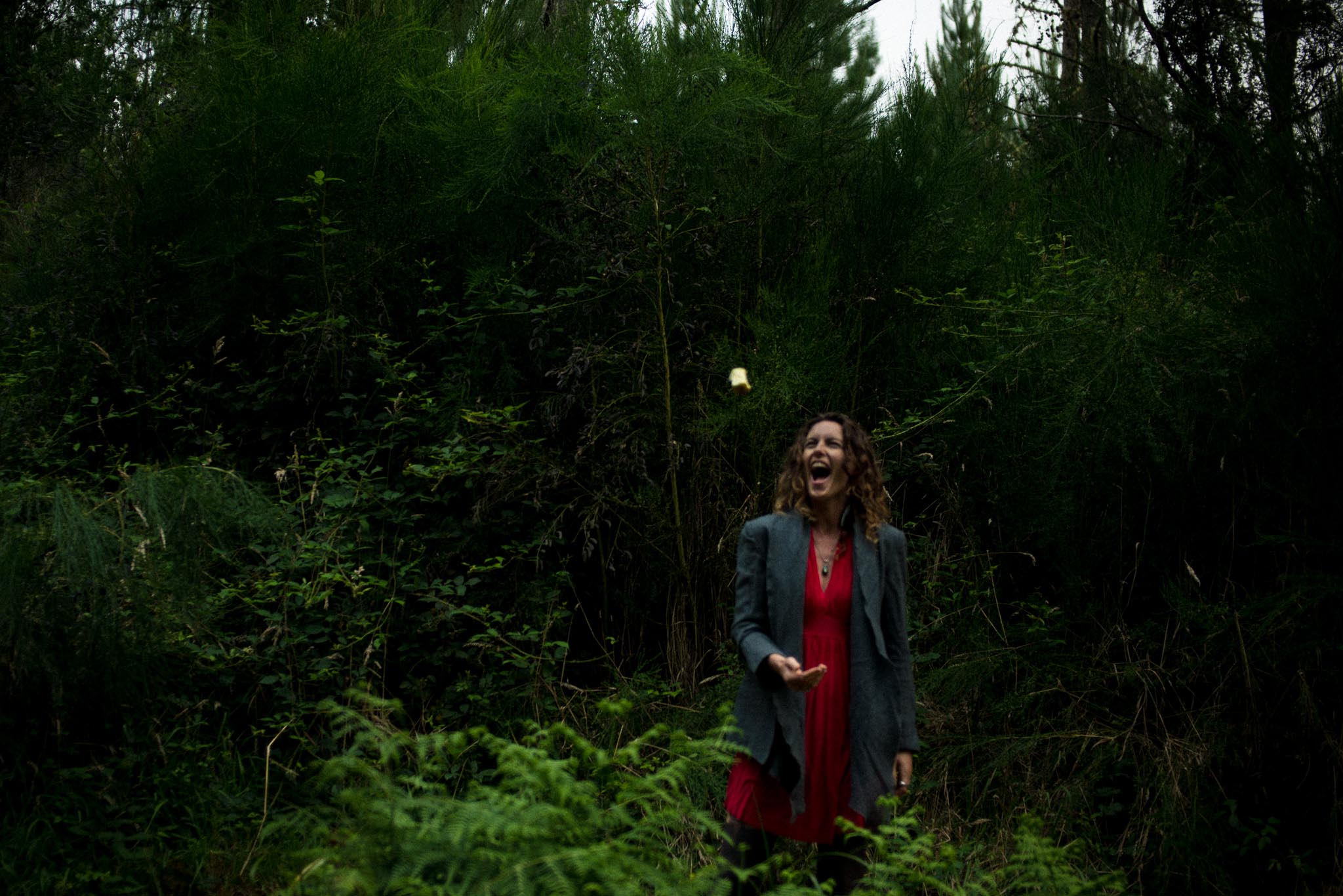 Your thoughts do not create your reality
Your thoughts do not create your reality